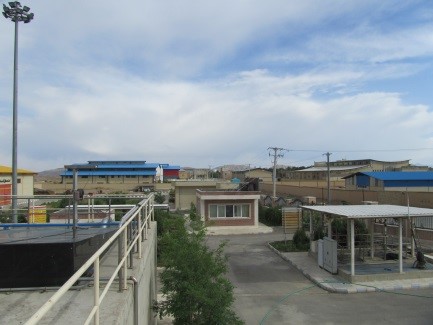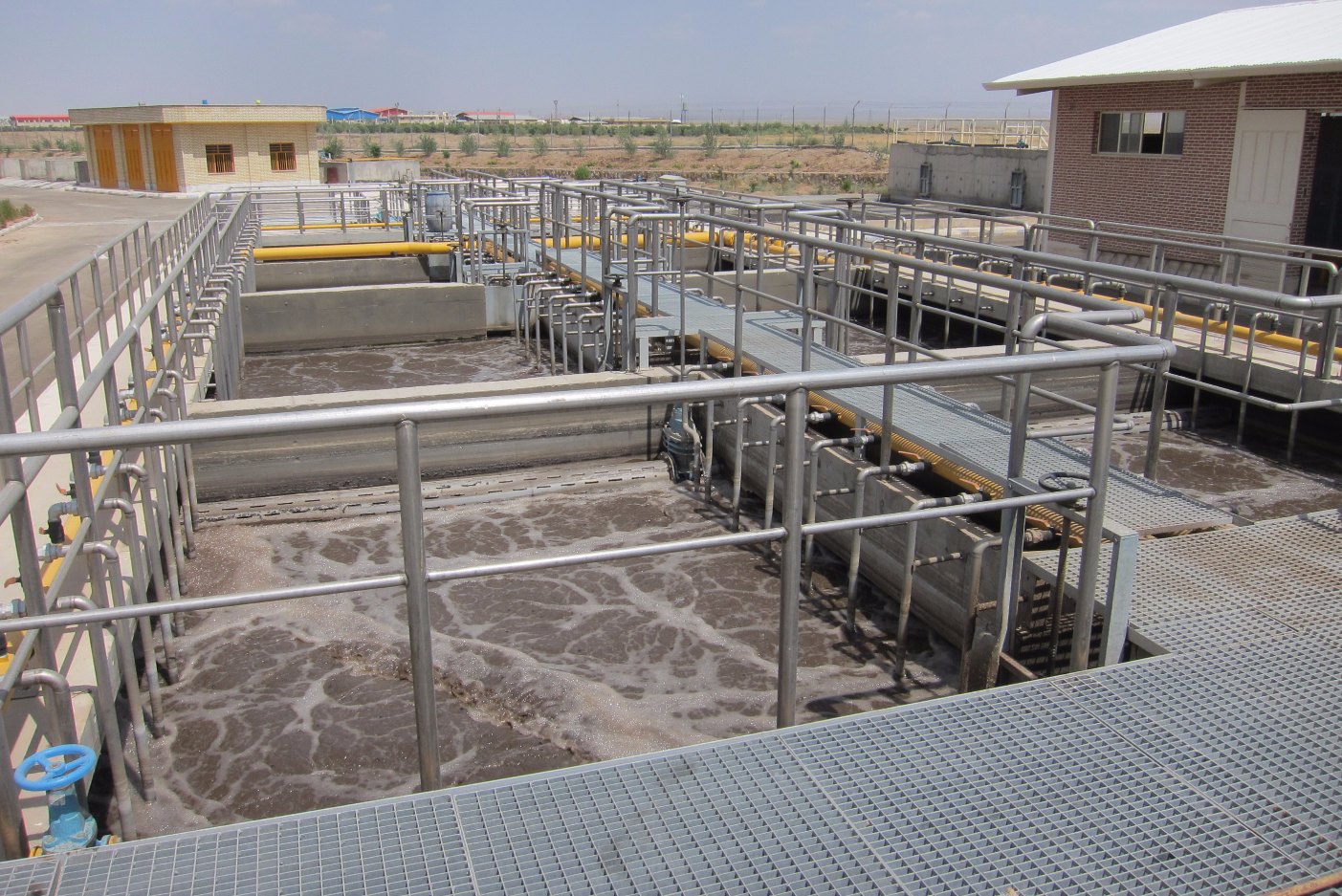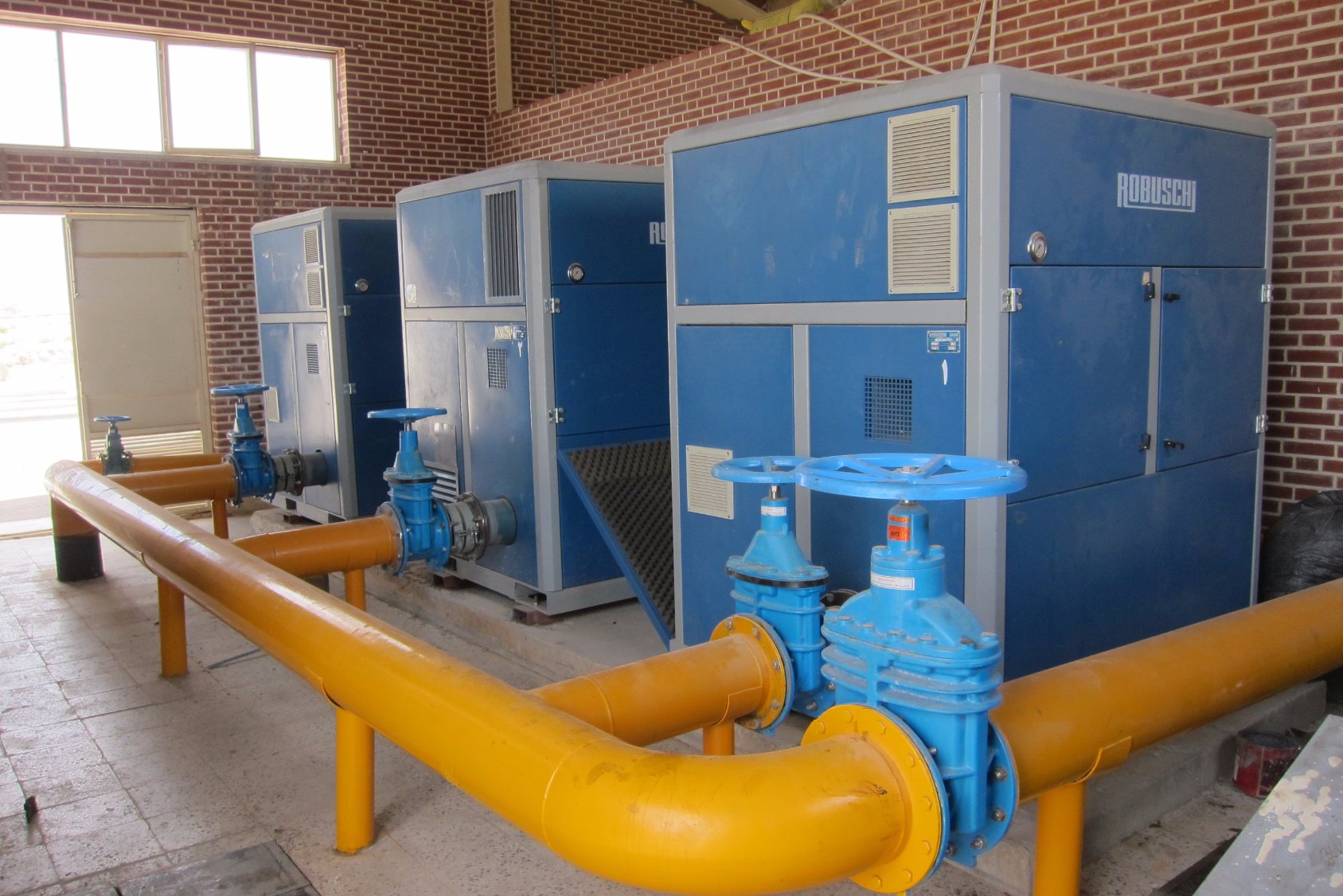Planning for Sustainable Industrial Growth
Industrial Settlements Designed after the ‘Eco-Industrial Park’ Concept
Challenges
The “Industrial Settlement Organizations” of the provinces have little experience in designing the growing industrial settlements in a coordinated, resource efficient and environmentally friendly way.
Project Activities
The project team supports the organization in Isfahan to assess different options for water consumption reduction and wastewater reuse using the example of the “Morcheh Khort” industrial settlement. This industry complex is located north of Isfahan city and comprises around 300 active companies with 17,000 employees. Water demand is around 4 million cubic metres per year. Around 160 companies are connected to the local wastewater treatment plant.
The results of these assessments are the basis for a development plan focussing on water and wastewater according to the “Eco-Industrial Park” (EIP) concept. This concept was created more than 20 years ago in a Canadian-American cooperation and has since been successfully implemented around the world. The basic idea is the creation of networks within an industrial settlement in order to mutually use and reuse resources.
Project activities include:
- Development and analysis of selected business profiles with a focus on water demand and wastewater production
- Material flow (water and wastewater streams) analysis using STAN software
- Design of network models and technical modules for wastewater treatment and reuse
- Economic and ecological model analysis
- Preparation of recommendations for the future Industrial Settlement development

Morcheh Khort Industrial Settlement

Wastewater Treatment Plant Morcheh Khort

Blower station Morcheh Khort
Expected Outcome
The expected result of the work package is the identification and implementation of planning approaches for resource-optimized, environmental-friendly and cross-linked development of industrial settlements
Contact:
Wolf Raber, inter 3 Institut für Ressourcenmanagement, raber@inter3.de

